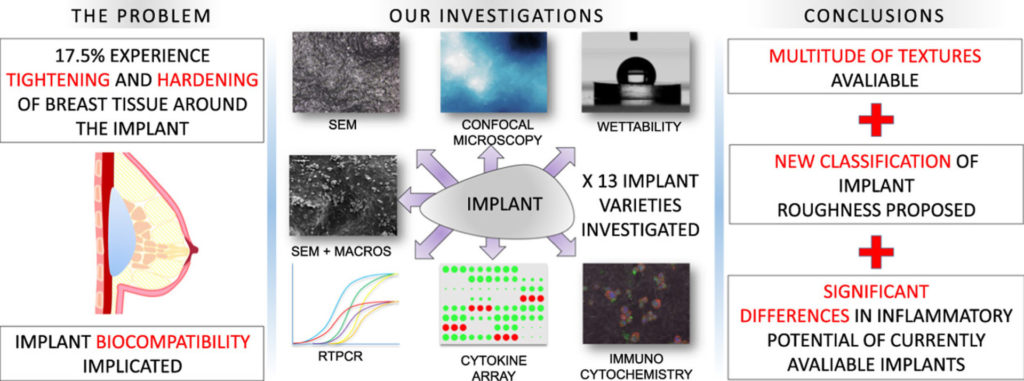Melina Papalampropoulou-Tsiridou has recently written an interesting blog on the PLOS ECR community pages which poses the following question:
This is a difficult question with the myriad of skills required in differing jobs across the STEM sector, from a science policy adviser to a postdoctoral researcher in a laboratory at a prestigious global University. Indeed some of the skills required of a PhD student in industry may be become less important than they were in actually doing the PhD, whilst others will come to the fore once in paid employment post PhD. An example, may be the focus on the idea of being an independent researcher, a student pursuing their own research goals, sometimes linked to other projects as in ETNs, sometimes not. However, in industry, or even in EU funded large scale projects such as LifeLongJoints, the research is often completed in teams with groups of people explicitly working towards a common goal. In it is not to say that PhDs are not highly prized, they are! Employers seek researchers with skills in critical analysis, a greater degree of objectivity and adept at generating new ideas. It is to be remembered that most PhDs will end up outside the academic sector. In a recent BioTrib meeting with industry on supervisory training it was suggested that PhD candidates lack Project Management and other organisational skills when entering industry, but that the core creativity was highly valued. Melina provides similar examples around Networking and Management skills which appears to reflect a wider observation. In BioTrib the Early Stage Researchers will undertake some Research Management training including Project Management, Ethics and aspects of Regulation. However, more can be done to make this more effective and embed this within European Research (Training) Programmes without impacting on the valuable core research that these ESRs do whilst undertaking a PhD.
If you want to outline what skills you think are missing in a PhD programme, please contact us here at BioTrib.


